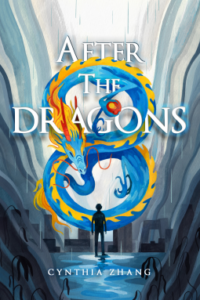 Phoenix Extravagant, Yoon Ha Lee
Phoenix Extravagant, Yoon Ha Lee
This was, I must admit, not quite what I’d expected from the author of Ninefox Gambit et al; it’s a more straightforward story, and one whose audience I found a little hard to place. I think a lot of my reaction to the book is because of that clash between expectation and reality, rather than a comment on the book. That’s not to say that I didn’t enjoy it, but I ended up having difficulty putting together what I think and feel about it because of that difference.
There was a lot I loved immediately, of course: a book where the protagonist shares my preferred pronouns is always a thrill, and the fact that it mostly goes unremarked on in the story was nice too. (It’s not quite ignored; there are a few references to Jebi’s gender and presentation. What we don’t get — as far as I remember anyway — is any clear description that marks out what sex Jebi “really” is, which was a huge relief to me.) Vei is great as well — I loved her! Arazi, the giant dragon automaton, is also pretty awesome and has some cool abilities.
Howeeeever, I didn’t really understand the relationship Jebi forms with Vei, and the level of loyalty the two of them have for each other. It feels slightly out of nowhere, and I felt like some threads weren’t super well dealt with. (The fact that Vei killed Jebi’s sister’s wife, for instance.)
I guess in the end the whole thing didn’t quite come together for me, and the ending left me with a rather melancholy, trailing-off feeling. It was an enjoyable read, and yet it didn’t quite work out for me. I’m positive part of that is because I found Ninefox Gambit et al a challenge in a way I really enjoyed, and this is not that kind of book instead. It takes a long hard look at colonialism, so it’s not that it’s an easy book… but I guess it just didn’t spark with me in the same way.









